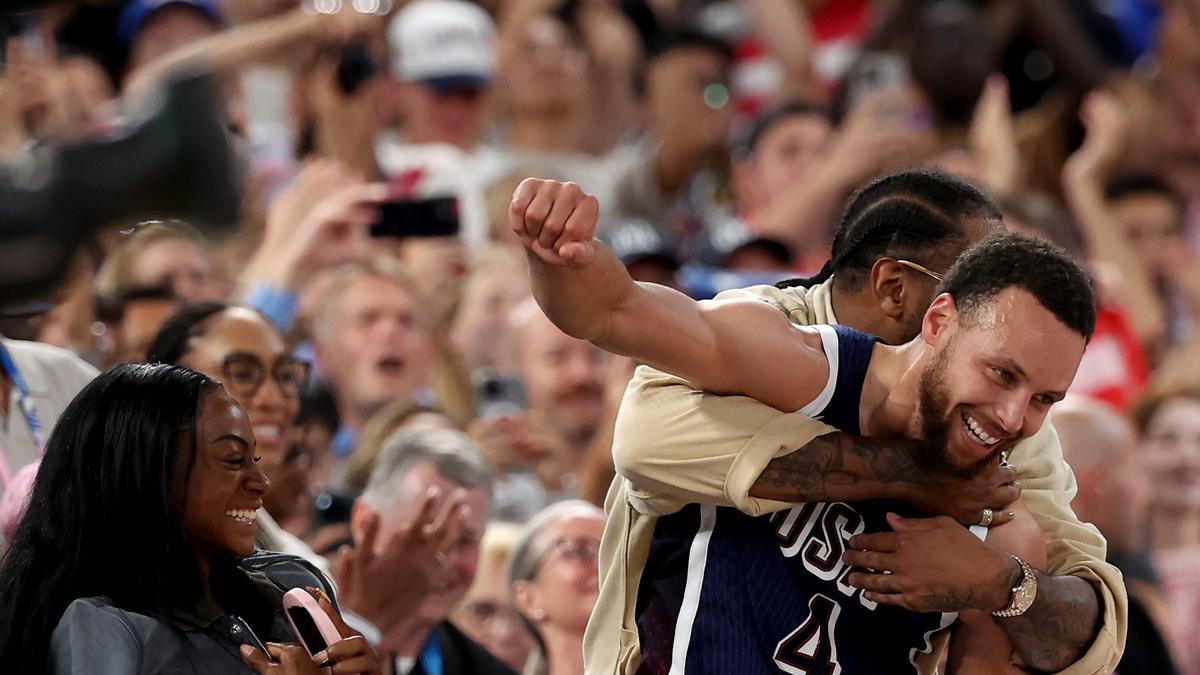

Photo by Ross Kinnaird/Getty Images
Yesterday, the PGA of America announced that LIV Golfers would be eligible for the PGA Championship and the Ryder Cup. The organization described the decision as designed “[t]o ensure the PGA Championship will continue to deliver the strongest field in golf and that the U.S. Ryder Cup team will continue to have access to the best American players.” Not mentioned was the fact that a decision to ban the LIV Golfers might have violated antitrust law.
The (Dis)organization of Golf
To evaluate the legal considerations associated with the PGA of America’s decision-making, it is important to understand the ways in which professional golf is organized – and the ways in which it is not. The PGA Tour has for decades been the leading tour and organizer of professional golf events in North America, if not the world. It does not, however, organize any of the four major golf tournaments.
The Masters is run by Augusta National Golf Club, the U.S. Open is put on by the United States Golf Association (USGA), the PGA Championship is conducted by the PGA of America, and the (British) Open Championship is hosted by the Royal and Ancient Golf Club of St. Andrews (R&A) based in the U.K. The PGA of America, a membership organization of golf professionals, also operates the Ryder Cup. Instead, the PGA Tour’s marquee event is the Tour Championship, which concludes the Tour’s FedEx Cup Playoffs.
Antitrust Law
The multiplicity of actors in professional golf creates interesting antitrust considerations. Specifically, Section 1 of the Sherman Act prohibits unreasonable restraints of trade among two or more parties. Antitrust lawsuits are particularly concerning to defendants because the law allows for triple damages and attorneys’ fees, as well as the possibility of a court order prohibiting certain practices or policies.
Athletes in the major American professional sports leagues have brought many lawsuits over the years alleging that restraints on the player labor market agreed upon by the clubs within a league (such as drafts, salary caps, and free agency restrictions) violated antitrust law. Those lawsuits achieved substantial success in the 1970s and 80s, forcing the leagues to collectively bargain with the players unions over such issues.
While professional golfers are independent contractors and not employees of the PGA Tour or any of the other organizations, there is still a market for their services. Indeed, the emergence of LIV Golf has continuously shown that there is a competitive market for the services of professional golfers. LIV Golf has paid a lengthy roster of golfers tens or hundreds of millions of dollars to leave the PGA Tour.
The Legal Challenges and Issues
The PGA Tour suspended its members who defected to LIV Golf. Those golfers, led by Phil Mickelson, filed an antitrust lawsuit against the PGA Tour alleging that it had conspired with the DP World Tour, aka the European Tour, to prohibit them from playing on those tours. In antitrust parlance, the golfers alleged they had been subjected to an illegal group boycott, an agreement among competitors to exclude or refuse to deal with certain market participants.
A federal court denied the golfers’ request for a preliminary injunction against the suspensions. Citing the large payments the golfers received to switch to LIV Golf, the court held that there was no evidence that the golfers had been harmed. Moreover, the court was inclined to defer to the PGA Tour’s interpretation and application of its own rules in suspending the players.
The golfers’ initial loss contributed to the eventual agreed upon but still unclear financial relationship between the PGA Tour and LIV Golf. As part of that preliminary agreement, the golfers agreed to drop the lawsuit.
Nevertheless, there have been ongoing concerns about the degree to which the different professional golf organizations may be coordinating efforts to penalize or exclude LIV Golfers. Such efforts could run afoul of antitrust law.
Likely in light of these concerns, in February 2023, the R&A announced that LIV Golfers could play in the Open Championship.
Then, as part of the golfers’ lawsuit against the PGA Tour, they sought communications between the PGA Tour and Augusta National. The golfers’ hope was to be able to find evidence that the two separate organizations were acting in concert to exclude LIV Golfers from the Masters. Nevertheless, the court denied the golfers’ request.
Finally, Rory McIlroy recently revealed his understanding that the U.S. Department of Justice, responsible for enforcing antitrust law, has been an impediment to finalizing the PGA Tour-LIV Golf arrangement. Indeed, Congressional intervention was necessary for the 1966 merger between the NFL and AFL.
The PGA’s Decision
As it said in its statement, the PGA of America has let LIV Golfers play in the PGA Championship the last two years and Brooks Koepka, a LIV Golfer and three-time PGA Championship winner, was a member of the United States’ 2023 Ryder Cup team. The PGA suggests these policies – and their continuation – are in the best interests of golf, and American golf in particular.
The truth is almost certainly murkier – and covered in a layer of legal opinion. If the PGA were to have prohibited LIV Golfers from its events, an antitrust lawsuit may have only been a putt away.
The PGA of America did not respond to a request for comment.







